Best Brain Health Exercises to Improve Cognitive Performance
Is Brain fog or memory loss impacting your life in a growing or worrisome way? Alzheimer’s and dementia are most frequent in 65+ men but cognitive issues like brain fog and forgetfulness are getting more are more frequently seen in younger men. These brain health and memory issues could be from Andropause.
What are the best brain health exercises?
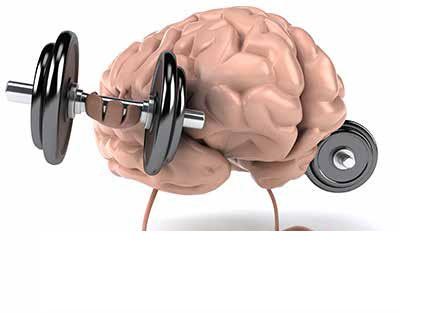
Exercise has always been seen as one of the key pillars to keep the body fresh and mind sharp and healthy as we age. But what type of exercise is best? Are they all the same?
Researchers examined the results of brain health on rats after running them through varied exercise programs. According to the researchers at the University of Jyvaska in Finland, below are the best brain health exercises to do.
- Running
- Weight Lifting
- High Intensity Interval Training (HIIT)
These three brain health exercises were identified and tracked across three groups of rats for a seven week period. The researchers injected the rats’ brains with a fluid that allowed them to track activity in the hippocampus of the rats. This activity identified the development of new brain cells anywhere in the brain but focused on the hippocampus because this is the area of the brain associated and used for learning and memory. The researchers hypothesized that whichever exercise stimulated new brain cell creation for use in learning or memory would help measure that exercise’s ability to stimulate brain growth, development and regeneration.
Brain Health Exercises Experiment Activities
Running: rats jogged on wheels in their cages
Weight Lifting: rats climbed walls with weights attached to their tails
HIIT: rats were placed on treadmills and forced to sprint/keep up at varying speeds and intervals
 Results
Results
Running was the winner!! The rats jogging on a where showed more neurogenesis than the other groups of rats. The HIIT rats experienced some improvement, however, the weight trained rats showed no improvement. The Finnish scientist concluded that “in order to promote [adult hippocampal neurogenesis] maximally, exercise should be aerobic and sustained.”
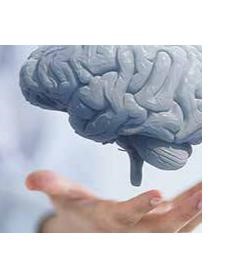 Maintaining a healthy brain healthy provides many other physical benefits. Mindful meditation has shown to reduce stress, heart rate and reduce inflammation in the body.
Maintaining a healthy brain healthy provides many other physical benefits. Mindful meditation has shown to reduce stress, heart rate and reduce inflammation in the body.
Testosterone helps regulate cortisone, which is a stress hormone, and affects the efficiency of our brain’s neurotransmitters. When men suffer from decreased testosterone levels they lose some ability to effectively regulate cortisol levels, which can cause neurotransmitters malfunction and lapses in memory. This is one of the reasons why cognitive issues are highly correlated with decreasing testosterone levels and you see higher incidence of cognitive impairment in men than you do in women.
 Testosterone Therapy to Improve and Maintain Brain Health
Testosterone Therapy to Improve and Maintain Brain Health
If these symptoms, cognitive issues, brain fog or memory issues are creeping up on you do not wait too long to start doing something about it. If they are affecting you, one potential solution is through testosterone and hormone replacement therapy. Contact Hormone Therapeutics and talk to our experts and find out if we can help you.
Hormone Therapeutics aims to help people looking to improve and optimize their health through natural means or through the guidance of our physicians.
Don’t miss out our free weekly tips and news on Low T, hormone balancing, healthy living, nutrition and a lot more.
Want more?

Sign up today and Get our ebook, ‘Naturally Increase Your Testosterone Levels’ absolutely FREE.
Best Brain Health Exercises to Improve Cognitive Performance
Saleamp Design November 29th, 2016
Posted In: Health & Wellness
Tags: brain fog, brain health, brain health exercises, cognitive, cortisol, exercises, impairment, inflammation, meditation, memory, memory loss, neurogenesis, neurotransmitters, stress, TBI, testosterone therapy, traumatic brain injury
DHEA Benefits and Frontiers
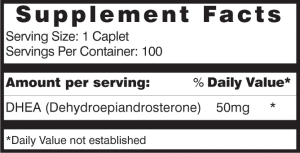 Dehydroepiandrosterone (DHEA) is a naturally occurring hormone produced in the body. Secreted by the adrenal glands, it is precursor to other hormones and is transformed by the body into specific hormones once it reaches the target tissue. As a prohormone, most of it effects are related to its end products as opposed to DHEA itself.
Dehydroepiandrosterone (DHEA) is a naturally occurring hormone produced in the body. Secreted by the adrenal glands, it is precursor to other hormones and is transformed by the body into specific hormones once it reaches the target tissue. As a prohormone, most of it effects are related to its end products as opposed to DHEA itself.
DHEA is gaining traction as an anti-aging supplement. It is also being explored as a treatment for several of the health conditions associated with aging.
DHEA and its effects
DHEA is often touted as a “youth restoring” hormone because of its reputation for slowing down the age process, improving general energy levels and cognitive skills. Because of this, many see it as a solution to regulate the side effects of aging and hormone depletion.
DHEA supplementation has shown an increase in energy, cognitive concentration, greater muscle mass/retention and slowing down the progression of Alzheimer disease. DHEA has been shown to have an influence on erectile dysfunction and lack of sex drive. In addition, Men with low DHEA more often experience depression as well as higher risks for overall mortality, including heart failure and cardiovascular threats.
DHEA Decline with Age
Unfortunately, DHEA production declines as its importance increases. DHEA production reaches its highest point during the 20s, but as one grows older, the body’s DHEA production decreases, leaving as little as 20% of the healthy output by the time one reaches 70.
Since it is a precursor to other hormones, this decline leads to a corresponding effect in other hormones as well. Estrogen and testosterone synthesis, in particular, wane once the DHEA levels decrease. This brings forth several consequences for both sexes. In men, specifically, age-related DHEA decrease leads to a decline in testosterone secretion. This decline is compounded because of the larger role DHEA plays in the production of testosterone as we age.
DHEA Supplements and their Effects
From trials, DHEA supplements have been shown to increase muscle mass, strength and physical well-being in general. In addition, tests of increased concentration, in men and women, have been shown to improve sexual potency and mood, with women experiencing less menopausal symptoms after taking supplements. Overall, DHEA has been seen as an anti-aging supplement, providing bone and muscle strength, better moods and immune system and increased memory.
When tested on patients with diabetes and neurological disorders, DHEA was not seen to improve erectile function and potency in patients. It has also been shown to exhibit minimal side effects such as mild acne, swollen ankles and increased facial hair in some women.
The effect of long term treatment on cardiovascular conditions and hormone-dependent tumors has not yet been studied, or have yielded conclusive results.
DHEA Frontiers
DHEA supplements for anti-aging purposes are currently gaining traction. As a precursory hormone, it is seen by many as a way to regulate hormone balance within the body. In addition, DHEA’s reputation in increased bone and muscle strength, as well as energy, has many physicians exploring DHEA supplements and its effect on bone growth, depression, and other mood and cognitive disorders.
Hormone Therapeutics
Hormone Therapeutics specializes in endocrine and hormone-related treatment, and is committed to finding the best treatment for your well-being. If you’re curious about how DHEA supplements can improve you and your life, Hormone Therapeutics can provide the answers for you. Call us today!
Do You Need Help?
Hormone Therapeutics is the leading national company assisting men who want to get their lives back through Hormone Replacement and Testosterone Replacement therapy. Our local physicians are ready to treat you anywhere in the entire country. Hormone Therapeutics is pioneering an easier, cost efficient and more private way for you to work with our clinical advisors and physicians from the privacy of your home or office after your local physical exam confirms you have one of the symptoms of Low T.
Contact us today and our clinical advisors will work with you on a hormone therapy program that may include prescribed hormones, exercise, nutrition and sleep programs to reclaim your vitality.
DHEA Benefits and Frontiers
Saleamp Design April 1st, 2016
Posted In: Health & Wellness
Tags: brain, brain fog, cardiovascular issues, Cialis, Dehydroepiandrosterone, depression, DHEA, ED, energy, erectile dysfunction, fatigue, hair loss, happiness, heart attack, low t, low testosterone, memory, muscle loss, muscle mass, sadness, sex drive, sexual function, stroke, supplements, testosterone, Viagra


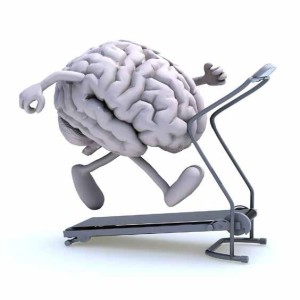 Results
Results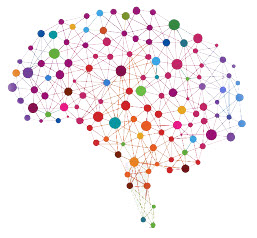 Testosterone Therapy to Improve and Maintain Brain Health
Testosterone Therapy to Improve and Maintain Brain Health